Why the Holiday Season Brings an Increased Need for Mental Health Services
The holiday season is a time for merriment, festivities, and cheer. Yet, many individuals also experience anxiety, depression, or other mental health conditions on the days between Thanksgiving and New Years. This is especially true for young people in their first or second year of college.
Hidden River generally sees an increase in mental health needs from the community around this time of the year too. Read on to learn more about why we see more people reaching out during the holidays and what you can do to ensure that your wellbeing doesn’t take a hit this year.
To start, why is there an increase in mental health needs throughout the holidays?
A study conducted by the National Alliance for Mental Health reported that 64 percent of people with a mental health condition find that the holidays exacerbate their mental health symptoms.1 Why does this occur, especially for young people?
There are many reasons. Young adults who are returning home after their first semester of college may face difficulty reintegrating with the lifestyle of their childhood, including being around their family members again after spending several months living in a dorm or apartment. At college, they’re experiencing a life of independence for the first time. Following final exams, they find returning to the family home can be uncomfortable due to their transition from parental dependence to personal independence. This transition phase can be challenging because of the inherent differences between the two environments.
Another component could be that the school break includes a rapid reduction from the intense stress that many students face during the semester. During a school break, the young person may find a need to process the emotional toll of experiences away from their family home while at school.
Additionally, the holidays may be more psychologically difficult because of a mental health condition called Seasonal Affective Disorder (SAD), which impacts around six percent of the general American population.2 The symptoms of SAD, which are often linked to the limited sun exposure of the wintertime, include relatively short bouts of depression. This depression can feel like emotional exhaustion, a lack of motivation, or increased feelings of sadness and possibly loneliness.
Other reasons why the holidays may be particularly challenging for one’s mental health include the financial demands of the holidays (think of all of those presents!), greater exposure to alcohol or partying, and the higher risk of interpersonal conflict with family members. Any one of or all of these factors may contribute to increased help-seeking behaviors. A study of common mental health-related online searches showed an increase in people looking into mental health conditions around the holidays, with the exception of suicide.3
What about the prevalence of eating disorders during the holiday season?
Eating disorders, as a mental health condition, frequently become exacerbated this time of year. Around the holidays, many of the factors already described facilitate an increase in harmful eating behaviors. It may be a means to cope with personal and interpersonal stressors during the Thanksgiving and Christmas holidays.
To reduce the risk of engaging in harmful eating behaviors this holiday season, try the following ideas:
Set boundaries with family members.
If your family members know about your mental health vulnerabilities, they may lack communication skills when it comes to their efforts to support you with “check-ins.” Feel empowered to hear their concerns and determine if there is some credibility to them. When family members are inappropriately invasive, consider redirecting their comments in the moment. You can say something like, “I appreciate your concern, but this isn’t something I want to discuss today. Let’s talk about something else.” By implementing boundaries and redirecting inappropriate comments, you can reduce the chance of unhealthy interactions.
Make a plan.
If you’re nervous about mealtime, plan ahead of time as to how you want to approach eating. This plan could include who you sit next to or what you’ll have on your plate. When these details are decided ahead of time, you won’t need to make any spontaneous decisions. Include personal breaks and structured alone time when necessary. This gives you time to decompress emotional and psychological tensions before you return to your family gathering.
Take care of yourself in the following days.
If you find that holiday festivities are particularly triggering for you, give yourself some space in the subsequent days to relax and recharge. Make a plan to structure your time so that it benefits your emotional and mental health.
If you still find yourself struggling during the holiday season, know that you’re not alone.
There are many ways to practice health coping strategies to find a greater sense of wellbeing. If you can’t seem to cope well enough, however, you may need professional support. At Hidden River, we have experts who are skilled in helping young people stabilize and develop their mental, emotional, and physical health. We want to help them reach their highest potential.
To learn more about Hidden River and to schedule a tour of its buildings and grounds, please call us today at 833.30.RIVER. We are currently accepting new patients and are newly Joint Commission accredited.
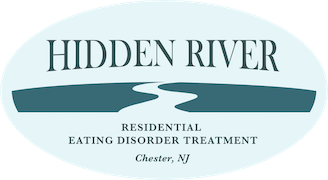
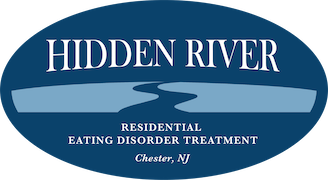
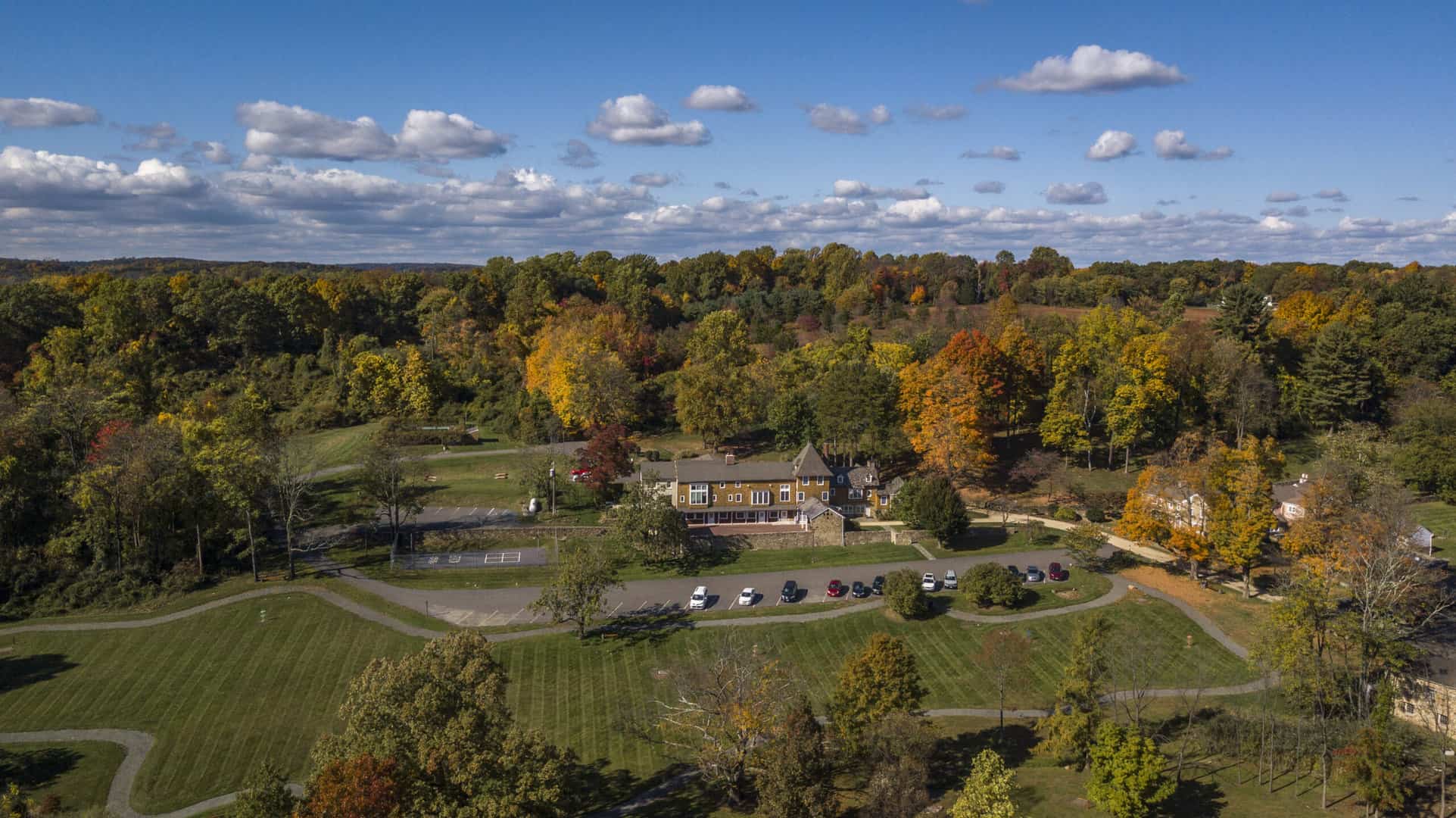
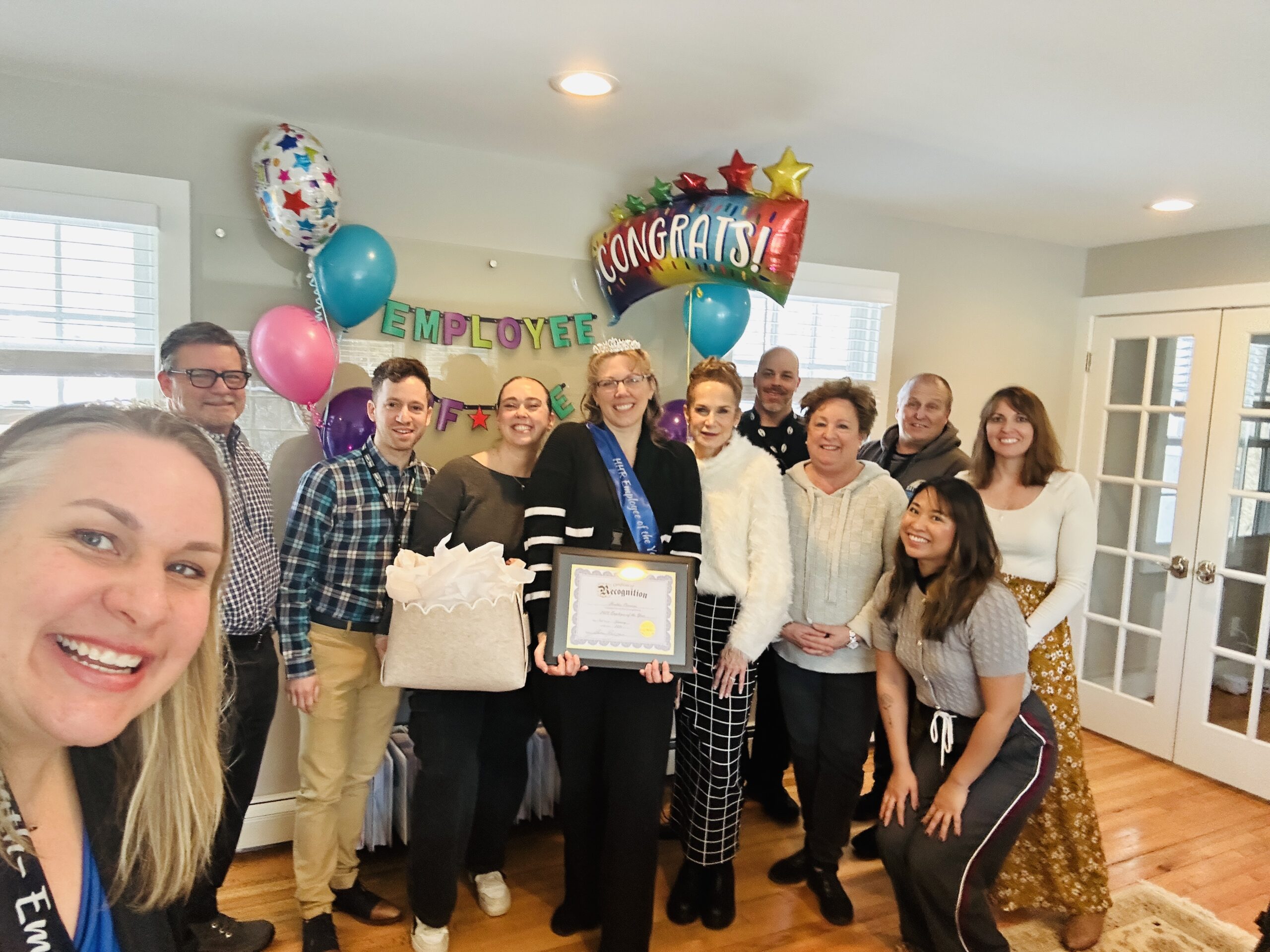

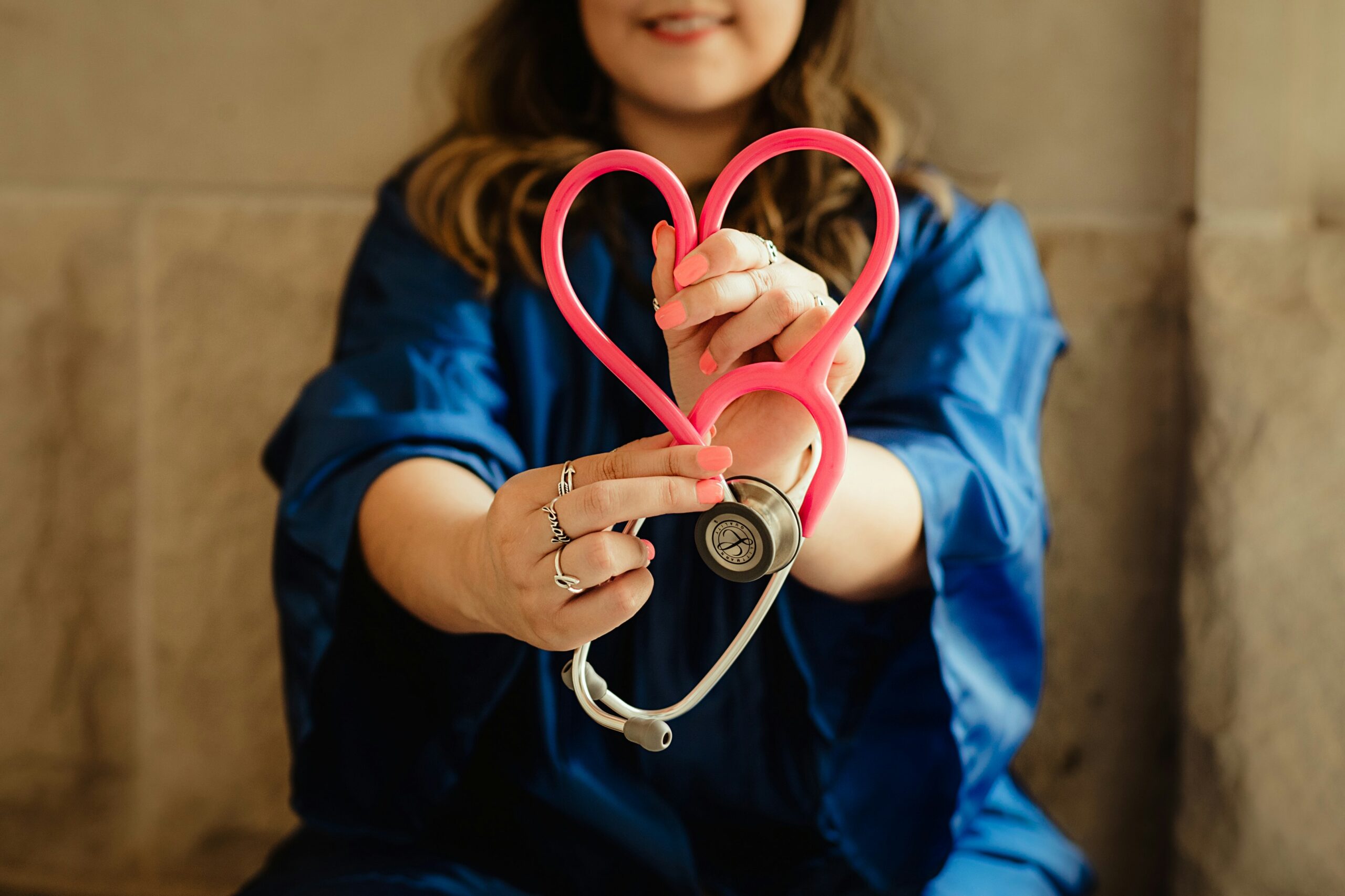
Leave a Reply
You must be logged in to post a comment.